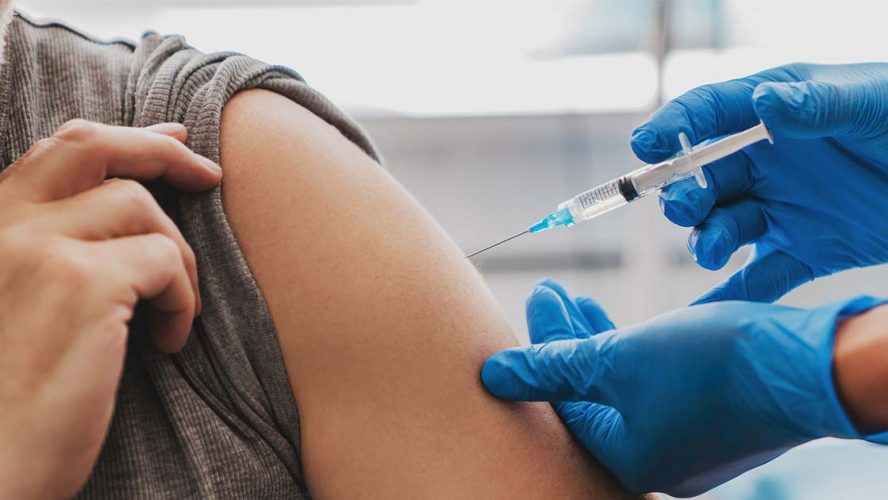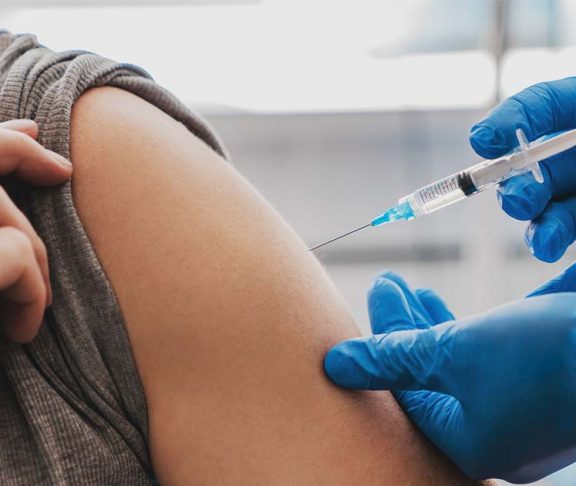
Dr Juan Pablo Uribe
Global Director for Health, Nutrition and Population, World Bank
Equitable access to vaccines is key to stop the spread of COVID-19, yet just 4% of people in low-income countries are vaccinated.
To save lives around the world, COVID-19 vaccines must be shared more equitably and become widely available in low- and middle-income countries. However, obtaining enough vaccines is only the first hurdle. To get shots into arms rapidly, developing countries have to be prepared and equipped for mass vaccination. Following a needs assessment conducted in more than 140 countries, the World Bank committed USD 20 billion to help countries purchase vaccine doses and strengthen their health infrastructure to prepare for vaccination rollout.
A complex and massive task
Large-scale immunisation campaigns involve complicated operations from the moment vaccines arrive at the border until they reach their intended recipients. After identifying the most vulnerable people and setting priorities, countries need to boost their health infrastructure, equip health centres, expand storage and cold chains while also training the health workers who will carry out the vaccination. Transport to remote areas often requires complex logistical planning.
By explaining the benefits of vaccination, countries can combat misinformation and improve vaccination uptake.
Supporting countries and addressing specific needs
Beyond access to vaccines, needs vary from one country to the next. In Ecuador, for example, the World Bank financing is helping the country to purchase vaccines, manage supply chains and logistics for storage and handling, and provide PPE for health workers. In Nepal, World Bank financing helps strengthen the health system and procure diagnostic tests, laboratory equipment and therapeutics. The country is also expanding surveillance and monitoring – crucial to track vaccination progress – using digital technology.
Overcoming vaccine hesitancy
Community engagement and outreach are critical to the success of COVID-19 vaccination campaigns. By explaining the benefits of vaccination, countries can combat misinformation and improve vaccination uptake. After early immunisation efforts faced resistance, Cote d’Ivoire launched an awareness-raising drive, enlisting the help of media influencers, religious and community leaders and local elected officials to reach the population. Within a few weeks, daily vaccination rates increased tenfold. With just 4% of people vaccinated in low-income countries, efforts to prevent the spread of COVID-19 and mitigate its impact are still ongoing. We will continue to work with countries and partners like the COVAX facility and the Africa Vaccine Acquisition Trust to make life saving vaccines available to all everywhere.


